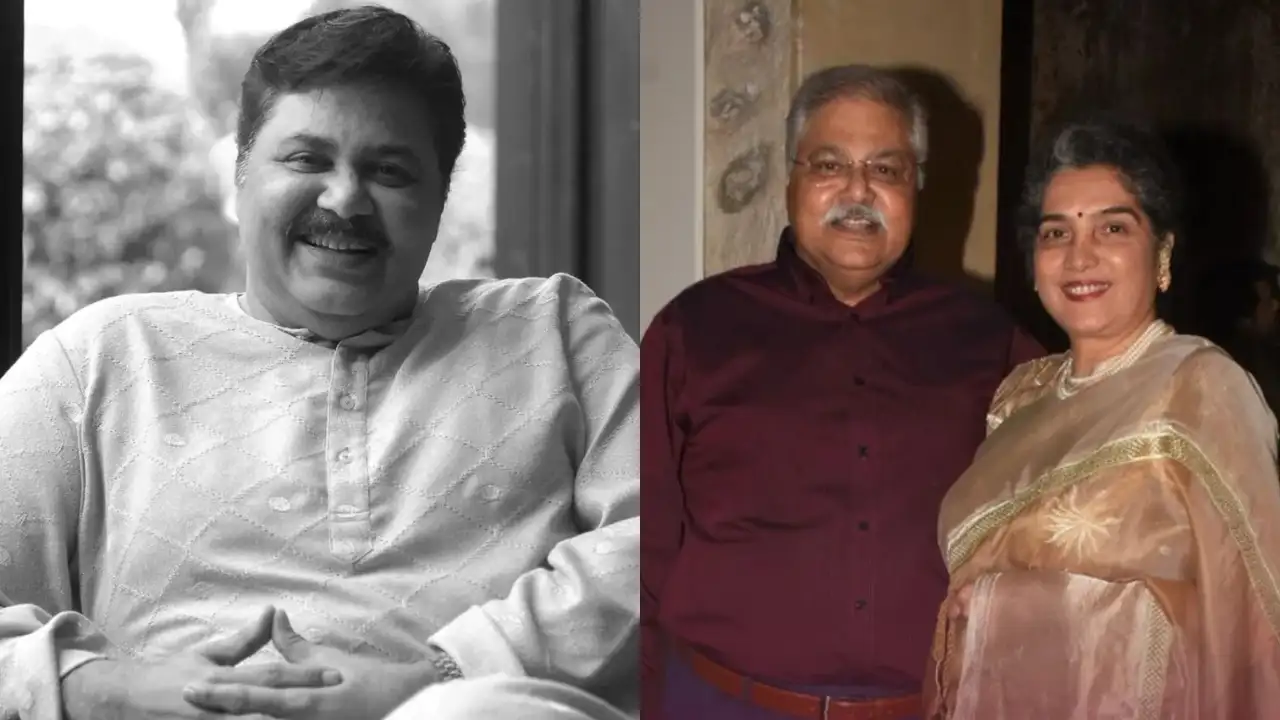Copyright Polygon

It’s 7 p.m. and I’ve completely lost track of time — both in real life and the game I’m playing. I’m so preoccupied with making it to a fictional dinner on time that I’ve forgotten I need to get off the couch and eat an actual meal. But the stakes are too high to stop now. A few minutes of tableside gossip might be all I need to save someone’s life as a deadly séance approaches. I’ll put my Steam Deck down as soon as I solve one more mystery, I swear. Oh, what’s this? Another lead? Well, surely I can’t stop now! It’s that sense of mounting obsession that makes The Séance of Blake Manor so irresistible. Developed by Spooky Doorway, the new murder mystery game takes the deduction fundamentals of The Curse of the Golden Idol and uses them to fuel a full-on first-person adventure game that plays like a digital Sleep No More adaptation. It’s an ingenious exploration of grief, occult magic, and Irish folklore that’s bound to take over your free time as you watch its in-game clock count down the minutes to impending doom. The Séance of Blake Manor takes place in Ireland circa 1897. Private investigator Declan Ward is called to the titular Blake Manor to look into the disappearance of one of its guests, one Evelyn Deane. If there’s foul play afoot, the culprit likely lies in one of the 24 or so people staying at the manor, from its staff workers to its gaggle of mystics who are in town to perform an ill-advised Grand Séance on Sunday night. Ward’s job is to gather clues that will help him figure out each guest’s secret motives, unravel a series of supernatural occurrences plaguing the manor, and piece together what exactly happened to Evelyn Deane amid all that chaos. A game with such a juicy mystery premise demands deduction systems deep enough to match it, and that’s exactly what The Séance of Blake Manor delivers. As Ward explores the manor in first-person (images of 2025’s breakout puzzle hit Blue Prince will come to mind fast here), talking to guests and interacting with objects strewn around, a mental corkboard begins to fill up with the information he’s discovered. The more leads he gains, the more topics he can question the guests on. Once he has enough information on a case, whether it’s a piece of the grander mystery or a personal character mystery, players form a hypothesis by slotting keywords from their mental map into a Mad Libs-style sentence, a la Golden Idol. Like some of the genre’s best games, it’s a system that rewards thorough sleuthing, active listening, and a brain that knows how to connect the dots. (That last part is literal too, as Ward occasionally needs to draw sigils by connecting dots.) But as is the case with any good murder mystery, there’s a twist. Ward only has two full days to figure out what happened to Deane, find who is responsible for whatever happened, and close out as many cases as possible to convince each guest to ditch Sunday’s séance. There’s a set amount of hours he has to work in, and each action he performs costs a certain amount of minutes. Sneaking into someone’s bedroom and digging through all of their things can cost a half an hour of time. To complicate matters further, the manor runs on a tight itinerary. Meals and entertainment happen in set rooms at set times, and guests have their own schedules that dictate whether they’ll be during the weekend. That wrinkle is what helps turn The Séance of Blake Manor from a good deduction game to a full-blown obsession. Every choice comes with a bit of risk. Do I skip out on lunch and instead use the hour to break into people’s rooms while I know they’re eating? And if I do that, am I going to miss some crucial conversation at the table that gives me a lead I need? You can’t see it all without very careful time management, which makes every passing hour all the more tense as the case files stack up with few hypotheses in sight. But even when you miss a key moment, there’s usually another way to break into a case. My girlfriend and I have both been playing separately, and our playthroughs look entirely different right now. She found a hidden room by unknowingly brute forcing a sigil puzzle, giving her some juicy information early. I, on the other hand, spent time questioning everyone about the mysterious room and researching magical phenomena in the library. The non-linear nature of the story combined with its wealth of leads gives players space to truly take on the role of a reactive detective who pulls on whatever thread appears in front of them and follows it to wherever it leads. As thoughtful as those deduction systems are, it’s exceptional writing that really makes the mystery work. My time in Blake Manor has given me a full education on Irish mythology as it ties its haunted house premise into real folklore. There’s always some context to ground the supernatural occurrences, pulling me deeper into the cultural ghost story. But it’s the personal tales that especially have me engrossed. Each guest has their reasons for attending a dangerous séance. Many revolve around mortality, as they grieve lost loved ones or deal with their own impending fates. The fact that the game itself is ruled by a ticking clock that counts down to an impending tragedy only reinforces that tension. It’s not magic that’s an all-powerful force in Blake Manor; it’s desperation. That’s why I find myself so helplessly engrossed. It’s not just that I need to find out what happened to Evelyn Deane. I feel for this cast of fearful mystics who are willing to do whatever it takes to avoid facing the hard truths in their lives. To solve a mystery is to bring someone a closure that eludes them. It’s a game of small exorcisms, where every person has a personal demon to be cast out. It doesn’t take a séance to save someone’s life.



